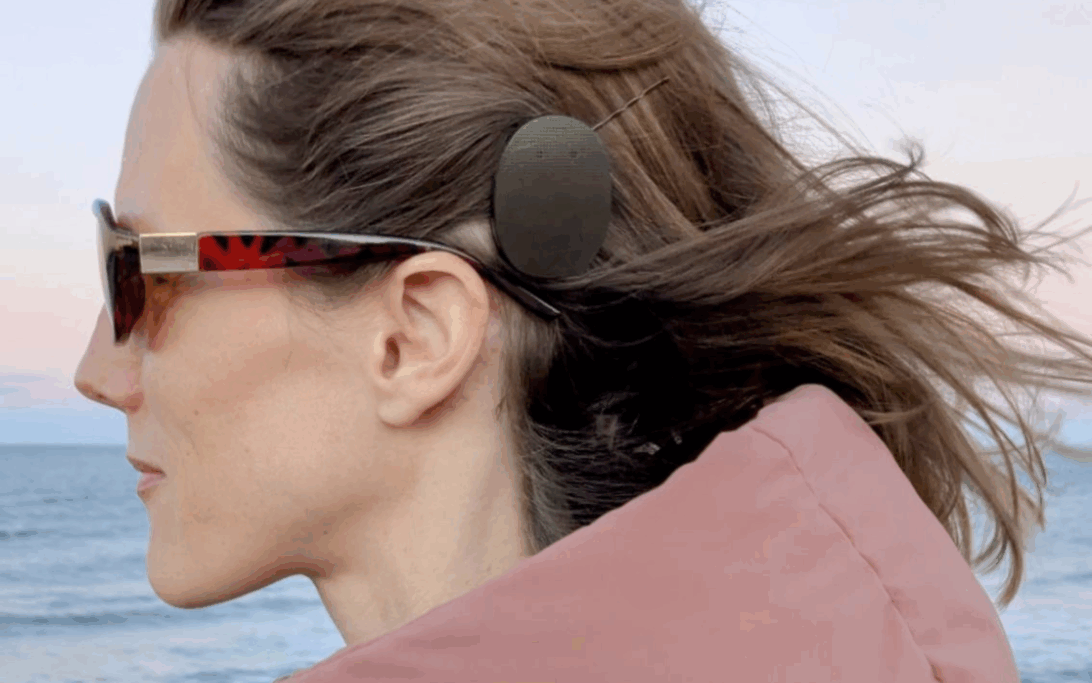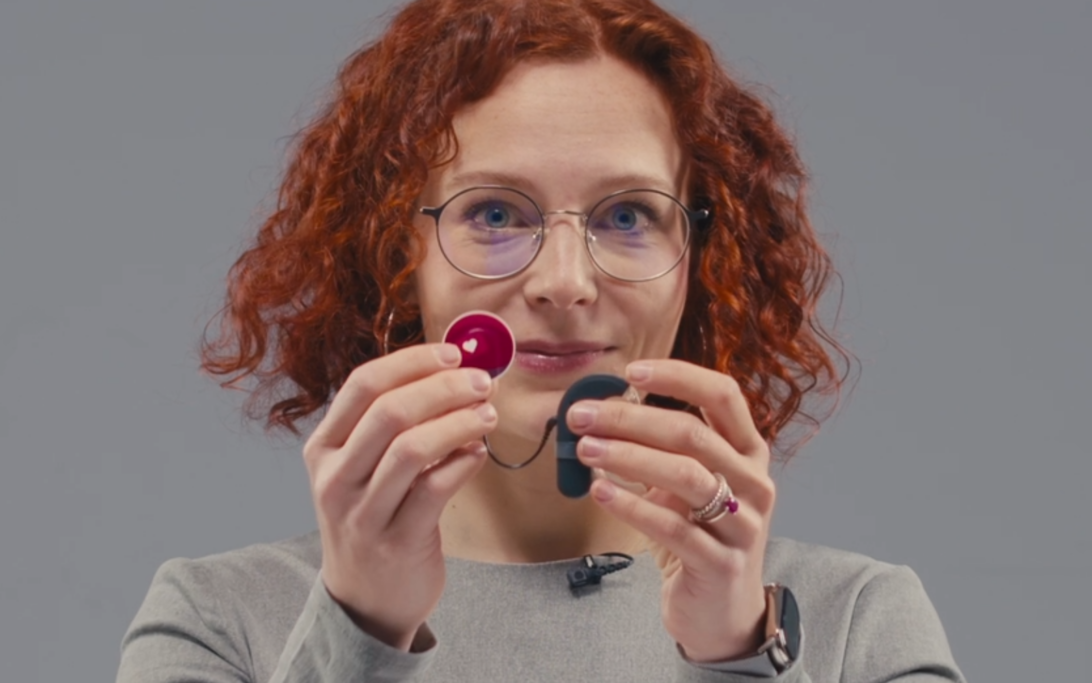
The holiday season is full of festive sounds like laughter at family dinners, clinking cutlery, and cheerful music. But for cochlear implant users, these moments can also bring hearing challenges. To help you make the most of the season, here are some holiday rehab tips, supported by insights directly from our CI community.
.png)




